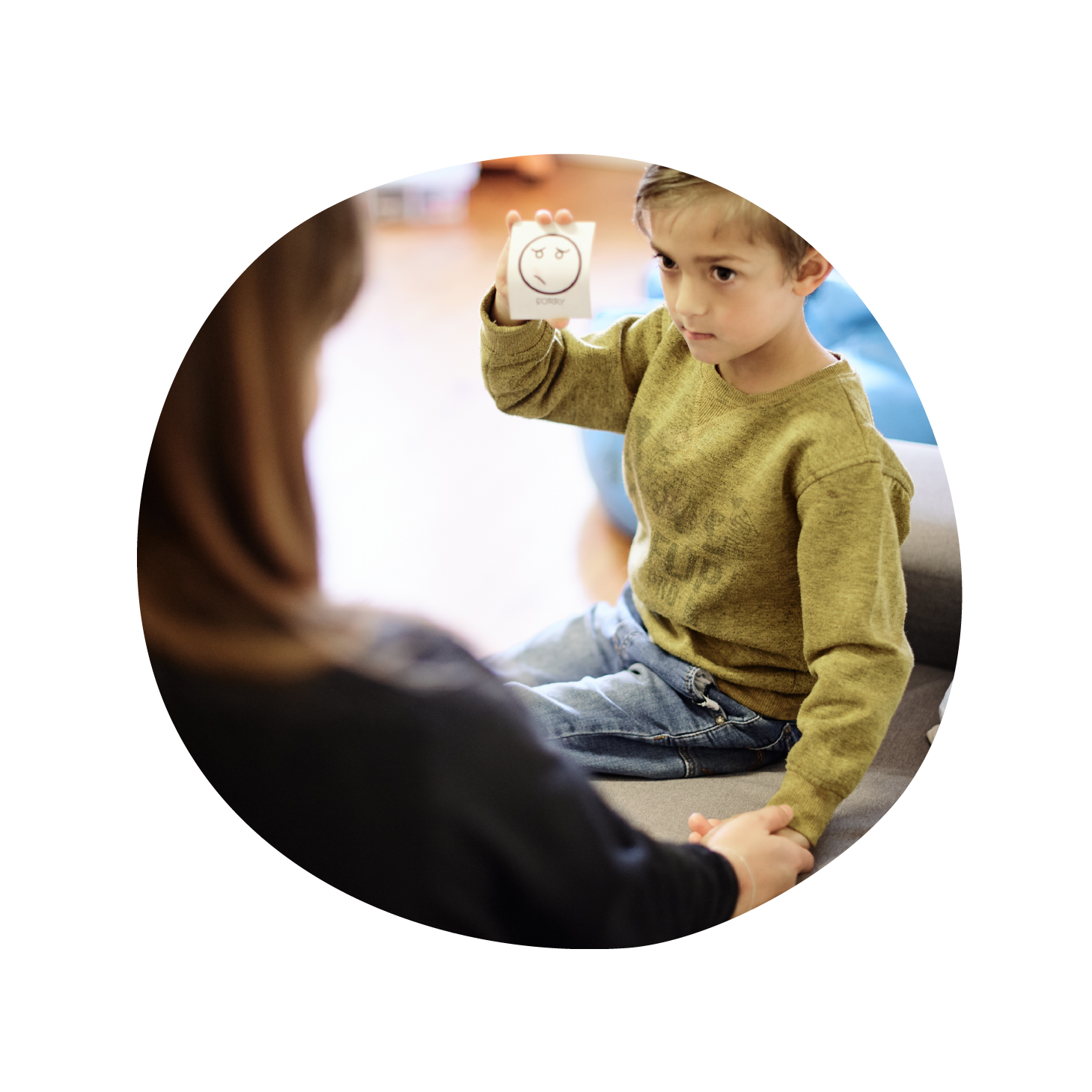Voices Unheard: Parents of Autistic Children in Paediatric Care

This white paper explores the often-overlooked experiences of parents navigating healthcare systems with their autistic children. Authored by clinical psychologists Dr. Megan Hofmann and Dr. Vicky Queralt, it draws on a series of in-depth, semi-structured interviews with parents whose autistic children live with one or more chronic medical conditions requiring frequent interaction with paediatric healthcare services.
Through these personal narratives, key themes emerge that reveal both challenges and strengths within current healthcare provision. Drawing on these insights, Little Journey has developed a practical framework to improve both the experiences and outcomes for autistic children. The paper concludes with actionable recommendations tailored for healthcare settings, staff, and families — all aimed at fostering more compassionate, effective, and inclusive care.
We are grateful to the parents who generously shared their time and experiences to help improve services for autistic children and their families.
Key Insights...
Emotional impact on parents
Parents described high levels of stress, overwhelm, and emotional exhaustion. Feelings of isolation, grief, and being overlooked were common as they managed both their child’s medical needs and the lack of systemic support.
The paper highlights the immense emotional labour parents undertake, balancing the need to prepare their children for unfamiliar and often overwhelming environments while also managing their own wellbeing.
Need for advocacy
Parents often had to speak up to ensure their child’s needs were met, especially when children were non-verbal. While many became confident advocates, they also expressed discomfort about being seen as “difficult” or a burden to staff.
Crucially, the paper underscores the role of parents as both caregivers and advocates. Often forced to navigate a healthcare system that lacks the flexibility, awareness, and resources to adequately support neurodivergent children.
Communication with Healthcare Staff
Positive experiences were linked to staff who listened, communicated clearly, and showed empathy. However, poor awareness of autism among professionals often left parents feeling unsupported and forced to explain or compensate.Value of Personalised Care
Simple adaptations such as using visual aids, adjusting sensory environments, or allowing extra time had a profound positive impact. Parents expressed a strong desire for more personalised and responsive healthcare experiences tailored to their child’s needs.Download our white paper
Download our white paper to explore key insights, emotional realities, and actionable solutions for creating a more inclusive healthcare environment. Gain valuable perspectives and start building better, more personalised care today.
Lets work together to improve paediatrics
These findings call attention to the urgent need for systemic reform. Advocating for more inclusive, compassionate, and individualised care practices at every level. The paper positions parent voices not just as sources of insight, but as essential drivers of change within paediatric healthcare.
Little Journey's app is co-designed with children, parents, and clinicians to plug the support gap and drive this change at scale.
About the authors

Dr Vicky Queralt
Vicky is a HCPC-registered Clinical Psychologist with over 20 years of experience supporting children, young people, and families. She has particular interest in supporting individuals who are neurodivergent and/or have a physical health condition.
Vicky has a passion for working creatively with individuals. She hopes that, by working with Little Journey, she will be able to help empower others with psychological knowledge and to share strategies to support other’s emotional wellbeing when accessing healthcare.
Dr Megan Hofmann
Megan is passionate about the role of psychology in helping people living with physical health conditions. This interest was fuelled from her experiences of being diagnosed with a chronic health condition at the age of 6.
She completed an MSc in Health Psychology and after achieving her Doctorate in Clinical Psychology, decided to specialise in children’s health (paediatrics). As a mum of two, and from her own personal and professional experiences, she understands the great need for emotional support for children (and their families/carers) who are accessing healthcare.

